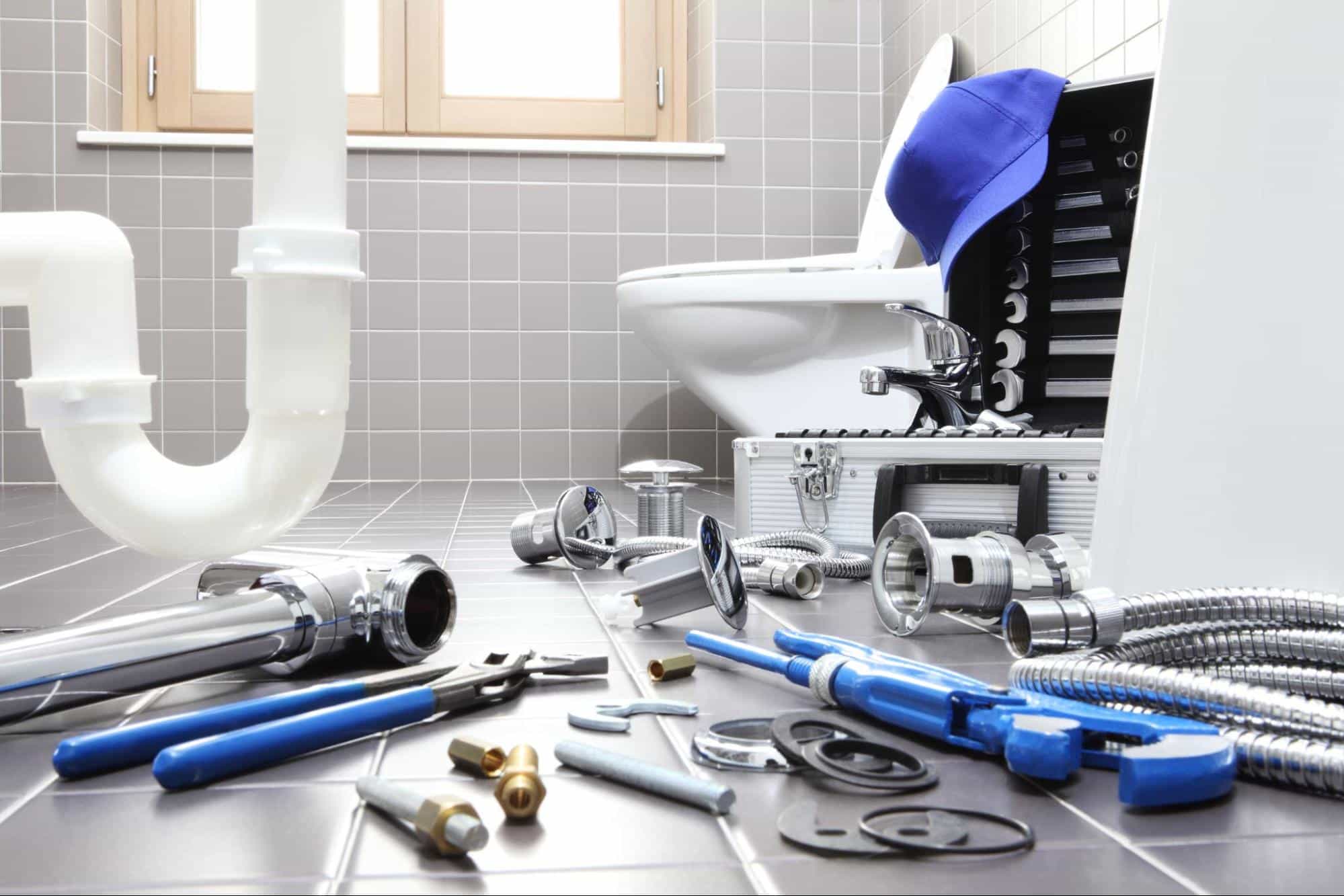
A functional bathroom is essential for any home. However, plumbing problems sometimes arise that can be a nuisance and even a health hazard.
Clogged drains are a common problem and often result from hair, soap scum, and toilet paper. A plunger or a manual plumber snake can usually fix this problem. Chemical drain cleaners are not recommended as they can damage pipes over time.
Clogged Toilet
We’ve all experienced the inconvenience of a toilet that won’t flush. While some clogs require professional drain cleaning, many are preventable with a few simple DIY hacks. Fix-It Right Reliable blocked drain plumbers for Melbourne might tell you that doing it yourself can often lead to more problems because too often they have to come in and fix preventable problems. Try plunging the toilet, using a wet/dry vacuum or a wet-steamer, or a bio-cleaner (replacement for chemical drain cleaners). Avoid non-flushable waste such as wipes and paper towels. If the clog persists, it may be time to schedule professional drain cleaning services.
A recurring clogged toilet could be caused by a collapsed or damaged section of the sewer line. A plumber can use a camera inspection tool to locate the clog and determine the best method for drain cleaning to restore waste flow.
Leaky Pipes
If the paint or wallpaper in your bathroom is bubbling or peeling, there’s likely a pipe leak that’s seeping water into the wall cavity. A plumber should inspect the pipes to find the source of the problem and make repairs. Otherwise, the excess moisture could rot wood and cause other issues in your home, such as mildew and mold.
Another sign of a leaky pipe is a sudden spike in your water bill. This may occur even though you haven’t changed your consumption habits. If you suspect a leak, get it repaired immediately to avoid costly water damage.
Clogged drains can be caused by a variety of factors, including food scraps, coffee grounds, and hair. You can try to clear a drain yourself with a plunger or a drain snake (available at most hardware stores). If these methods don’t work, it’s best to call in a professional plumber. They can use specialized tools to get your drains back up and running.
Sewer Backups
Your sewage lines take wastewater and sludge away from your home, but when these lines get blocked or backup, sewage can flow back into your drains and toilets. This is a major problem that can result in costly damage and health risks. Thankfully, there are smart ways to prevent sewer line backups, like installing backwater valves, avoiding flushing non-flushable items, and conducting regular plumbing inspections.
If you’ve noticed a foul, rotten smell in your drains or a wet spot in your yard, it could be the sign of a serious sewer line backup. Contact a plumbing professional right away to inspect your sewage lines and make any necessary repairs.
To help you avoid expensive and messy sewer line problems, learn about storms and sewer line backups, watch for early signs your sewer lines are in trouble (like slow drains), and consider adding a Sewer Backup Endorsement to your homeowners insurance policy. This simple addition can help you cover costs for cleanup, repair, and loss of personal belongings.
High Water Bills
The drains in your bathroom are a crucial part of your plumbing system. When they get clogged with hair or soap scum, it can cause your shower or sink to drain slowly or not at all. You can try using products or DIY solutions to unclog your drains, but if the problem persists, call in a plumber.
If you notice a sudden increase in your water bill without a change in your usage habits, it could be a sign of a leak. You should check all of your faucets for leaks and consider installing low-flow toilets, aerators, and showerheads to reduce your water usage.
The pipes that run underground from your home to your fixtures can also become clogged with mineral buildup or damaged by tree roots. When these pipes burst, it can cause major problems for your plumbing system and property. A plumber can install or repair water line filters to prevent clogs. They can also repair or replace damaged or broken pipes.